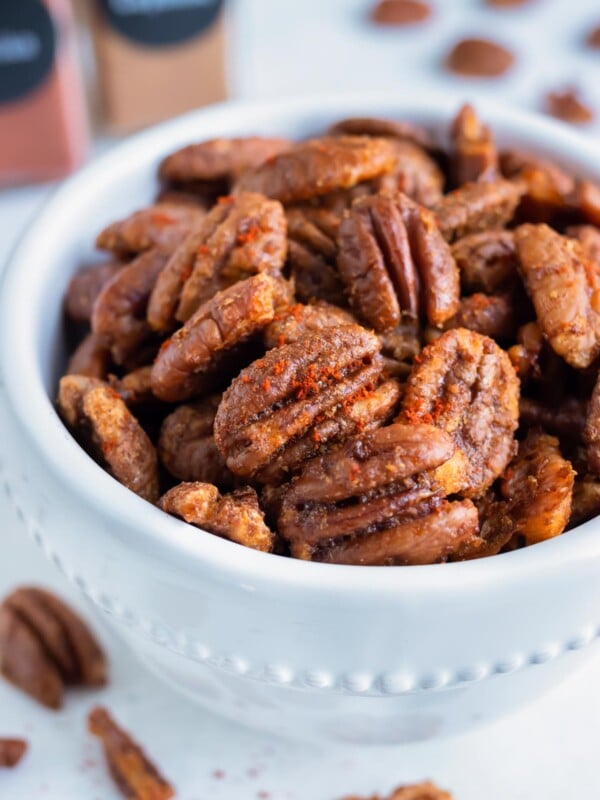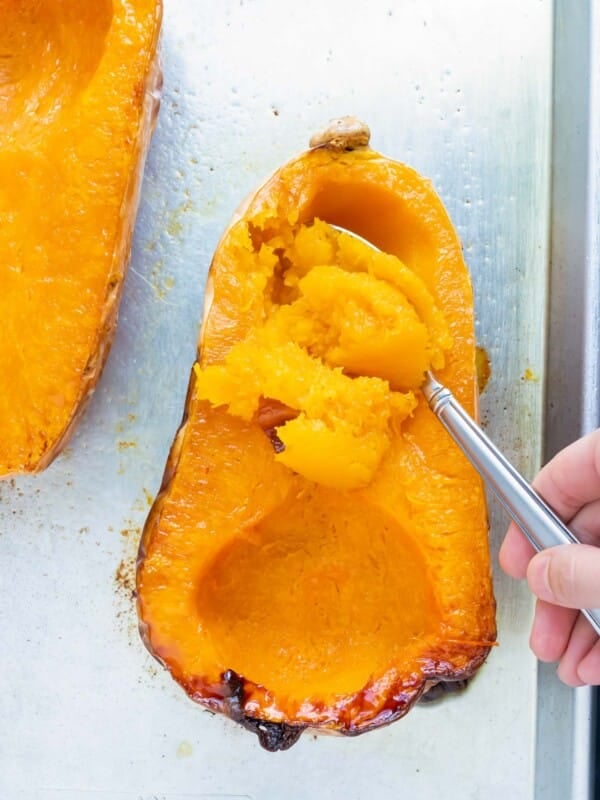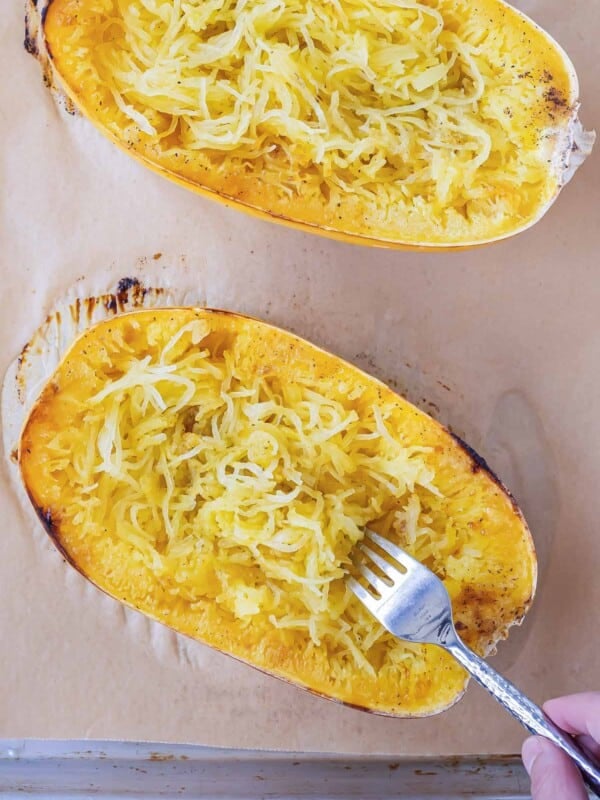So, what is an anti-inflammatory diet? The short answer is, it’s a diet that reduces inflammation and keeps your immune system from going into overdrive. Learn about how this diet reduces chronic diseases and eases joint pain, how to get started with the best foods, and recipes for incorporating them into your daily routine!

What is inflammation?
Inflammation is a natural process wherein the body responds to injury, infection, or tissue damage. When the body recognizes one of those things, the immune system sends white blood cells to the affected area to begin to heal it.
This is normal, but it can become harmful if your immune system constantly feels like it needs to respond to an issue. This is called chronic inflammation, and it can lead to tissue damage and contribute to disease like heart disease, diabetes, or cancer.
Inflammation has been linked to many other health conditions, including:
- chronic pain
- joint pain
- psoriasis
- asthma
- eosinophilic esophagitis
- rheumatoid arthritis
- cardiovascular disease
- high blood pressure
- Crohn’s disease
- colitis
- lupus
- metabolic syndrome
- Hashimoto’s thyroiditis
- autoimmune disorders
- inflammatory bowel diseases
- Alzheimer’s disease
If you are experiencing any of these health issues or diseases, coming up with an eating plan that aligns with the anti-inflammatory diet could be beneficial to you, but please be sure to consult your doctor prior to implementing a new eating plan.
What is the anti-inflammatory diet?
The anti-inflammatory diet is a way of eating that highlights nutritionally-dense, whole foods. These foods have complex carbohydrates, healthy fats, antioxidants, vitamins, and minerals. The goal of an anti-inflammatory diet is to promote overall health, minimize unhealthy foods, and, ultimately, reduce the risk of chronic diseases.
Types of Anti-Inflammatory Diets
There’s not a single anti-inflammatory diet that fits everyone, so finding what works for you in the long term is the best way to go. Creating eating habits based off certain diets like the Mediterranean or DASH diets can be a helpful place to start. You can also read through this post that talks about the Best Anti-Inflammatory Foods List + What to Avoid.
Mediterranean Diet
The Mediterranean Diet is considered one of the more heart-healthy diets because it encourages eating fish high in omega-3 fatty acids. This excellent source of protein, along with other anti-inflammatory foods, has been proven to reduce inflammation.
DASH Diet
The Dietary Approaches to Stop Hypertension Diet was created to reduce high blood pressure, inflammation, and weight loss. It focuses on whole foods and limits protein, sweets, and ultra-processed foods. Compared to the Mediterranean Diet, it includes more dairy but doesn’t encourage fish or extra-virgin olive oil.
The Health Benefits of Choosing an Anti-Inflammatory Diet
This diet has many health benefits that combat diseases and chronic pain, including:
- Improved heart health by lowering blood pressure and reducing cholesterol levels.
- Reduced risk of chronic diseases, such as heart disease, diabetes, cancer, and Alzheimer’s disease.
- Reduced joint pain and stiffness from issues such as arthritis.
- Improved gut health, thanks to the growth of beneficial bacteria, reduction of harmful bacteria, and overall digestive comfort.
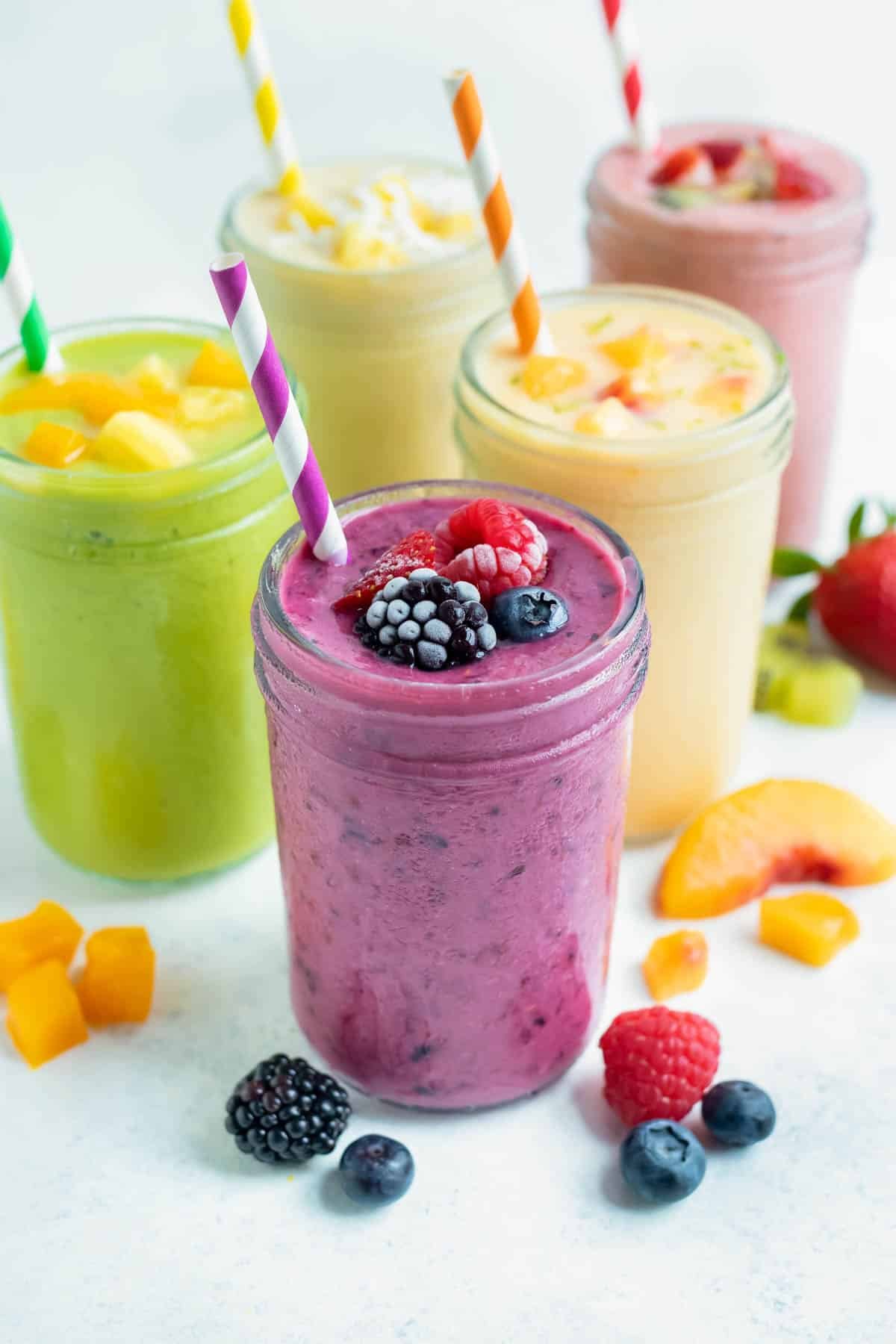
Are there disadvantages to the anti-inflammatory diet?
There are no major disadvantages to the anti-inflammatory diet because you’re skipping out on foods that are generally unhealthy: processed foods, red meat, and sugar-infused beverages. Consistently eating these types of foods can lead to health issues down the line. So, if you are feeling happier and healthier due to the anti-inflammatory diet, then stick to it!
How to Get Started on the Anti-Inflammatory Diet
If you’re just starting with this diet, consider looking at these tips to ease into it. You’ll want to take what works and leave what doesn’t:
- Start adjusting your diet over time—don’t try to change everything you eat, all at once.
- Embrace as many whole foods as you can.
- Make vegetables and fruit a central part of your meals.
- Add whole grains and healthy fats.
- Reduce the amount of sugar and refined carbs you eat.
- Include spices and fresh herbs, many of which have anti-inflammatory benefits.
- Stay hydrated!
- Consult with a registered dietitian.
- If you need more structure, commit to other diets that are in alignment.
Remember, adopting an anti-inflammatory diet is a long-term lifestyle change that should be sustainable and enjoyable. Start by making small changes to your diet and gradually incorporate more anti-inflammatory foods over time.
What are some anti-inflammatory meals?
Here’s a day in the life of someone who is following the anti-inflammatory diet:
Breakfast
Overnight Oats mixed with berries, fruit, yogurt, chia seeds, and milk.
Lunch
Healthy Taco Salad with beans, dark leafy greens, Roasted Tomato Salsa, and Guacamole.
Snacks
Cut up vegetables and Hummus, Baked Tortilla Chips and Black Bean & Corn Salsa, or Greek yogurt with nuts and fruit.
Dinner
Healthy Quinoa Salad packed with vegetables and healthy fats.
Dessert
Strawberry Chocolate Oatmeal Cookies or chocolate-drizzled strawberries.
These are all simple ideas that add in all the right anti-inflammatory foods to lower inflammation and reduce chronic illnesses.
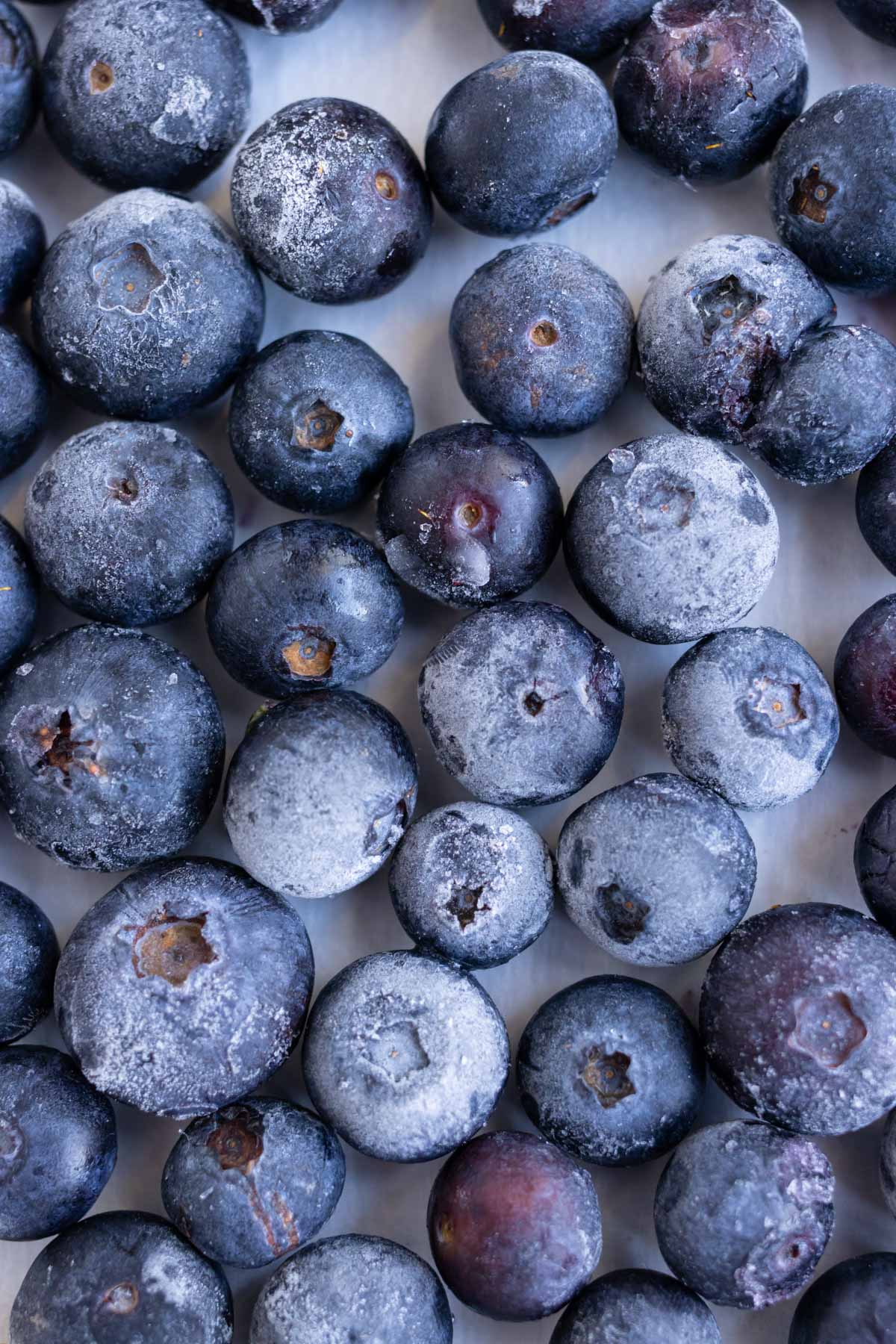
Can I drink alcohol on an anti-inflammatory diet?
Excessive alcohol intake can lead to more inflammation, not less. Moderation is key! Overconsumption of alcohol may actually counteract the benefits of an anti-inflammatory diet. The same goes for foods that aren’t within the anti-inflammatory diet.
Overall, it is best to focus on consuming anti-inflammatory foods and limiting or avoiding alcohol to reduce inflammation and improve overall health.
Can a vegetarian diet reduce inflammation?
A vegetarian diet may potentially reduce inflammation. This diet is often rich in whole foods like fruits, vegetables, whole grains, legumes, nuts, and seeds that all have anti-inflammatory properties. However, some vegetarian diets also include processed and refined foods that cause inflammation.
Being intentional about what you eat and including anti-inflammatory foods using other diets as guidelines can help get you started.

Anti-Inflammatory Recipes
If you’re new to an anti-inflammatory diet, it can help to have some delicious incentives to keep you motivated! These recipes are worth a try:


